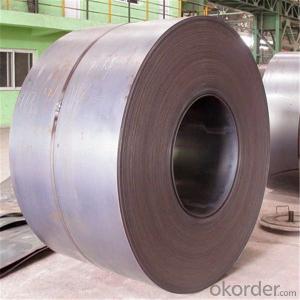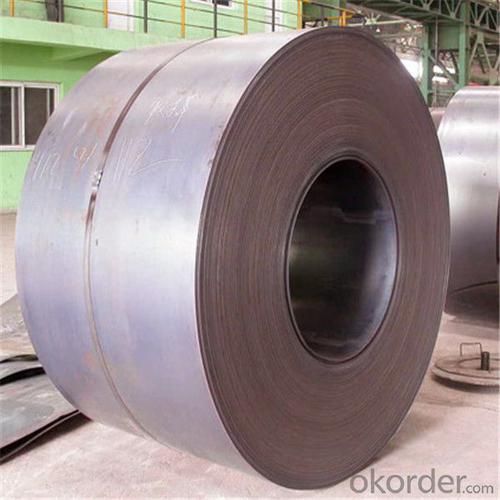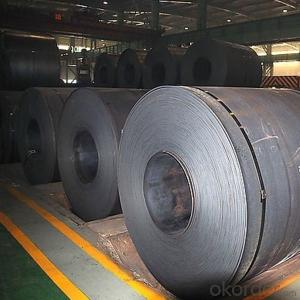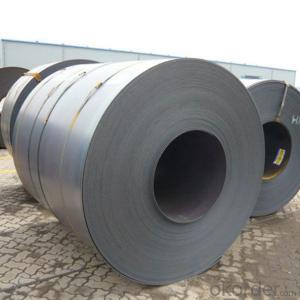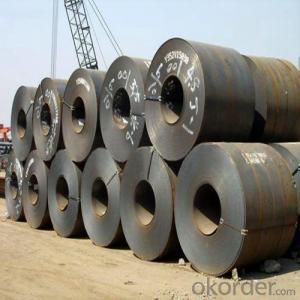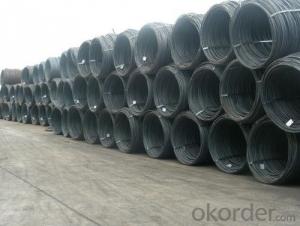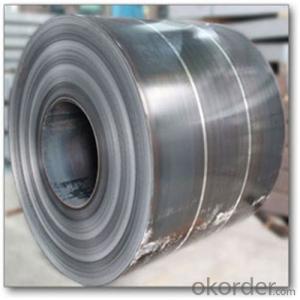Steel sheet 5mm thick in coil hot rolled
- Loading Port:
- Shanghai
- Payment Terms:
- TT OR LC
- Min Order Qty:
- 100 m.t.
- Supply Capability:
- 17362 m.t./month
OKorder Service Pledge
OKorder Financial Service
You Might Also Like
Specification
Hot-rolling mill: Equipment on which solidified steel preheated to a high temperature is continuously rolled between two rotating cylinders.
Hot rolled steel actually reconfigures itself during the cooling process, giving the finished product looser tolerances than the original material and when compared to cold rolled steel products. Hot rolled steel is more malleable, allowing it to be forced into a variety of different shapes.
Our Advantage: High quality steel products from 1 class mills in China
Reasonable price
Professionalism of the products
On-time delivery
Complete documents and certificates
Sincere service to meet our clients' requirements
Standard and Grade :
Hot rolled steel coils | ||||
JIS | ASTM | SAE | EN | |
Commercial quality | G3131 SPHC | A569 A635 A659 A1011 CS Type A,B,C | 1006~1025 |
10111 DD11 |
Drawing quality | G3131 SPHD | 1006~1010 | 10111 DD12 | |
Deep drawing quality | G3131 SPHE | A622 A1011 DS Type A,B | 1006~1010 | 10111 DD13 DD14 |
General structure (T.S.<490N/MM2) | G3101 SS330 SS440 G3106 SM400A G3132 SPHT1 SPTT2 SPHT3 | A36 A283 GR.C A570 GR.30~40 A1001 SS GR.30~40 |
1010~1025 | |
General structure (T.S.≥490N/MM2) | G3101 SS490 G3106 SM490A SM490YA | A570 GR.45~50 A607 GR.45~70 A1011 SS GR.45,50 |
J1392 050X | |
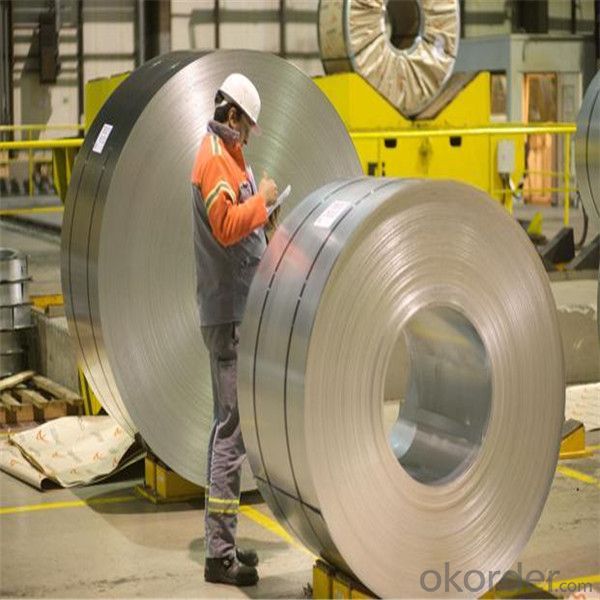
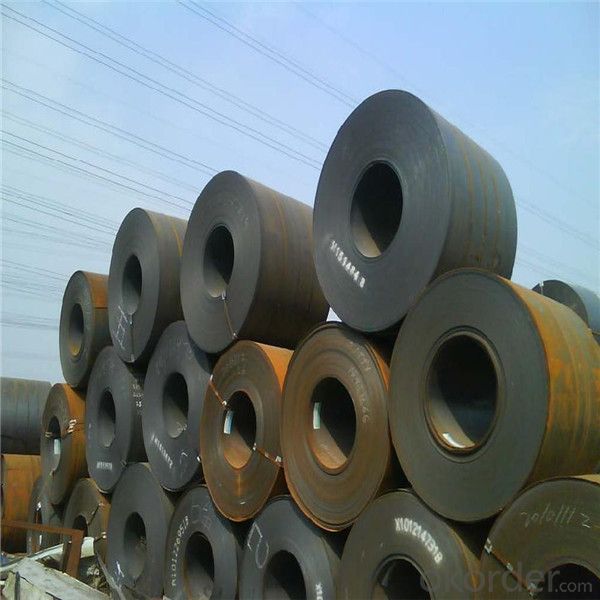
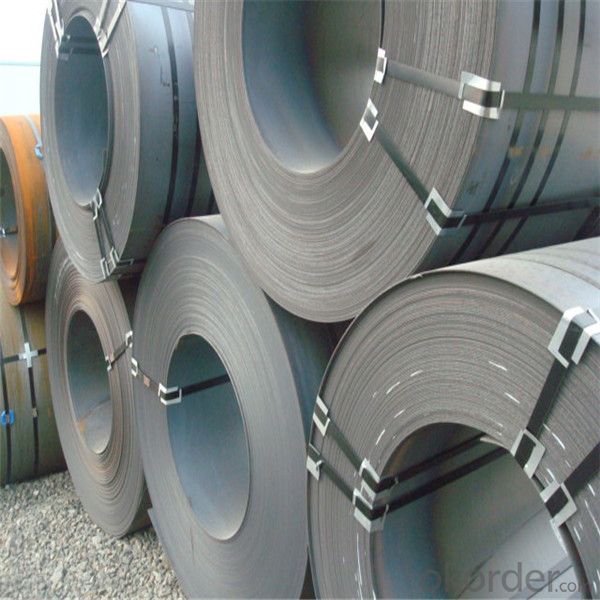
Packing:
Packaging Detail | The packing of coil consists of anti-damp paper ,PVC film ,hardboard paper , steel box , strapped with steel strips, fitted with locks and edge protectors and guarantees the optimal condition of the delivered goods. Each coil can be additionally fitted with wooden/steel skids(eye of the side) or wooden pallets(eye of the sky) |
Delivery Time | within 30 days of receipt of LC original or prepayment |
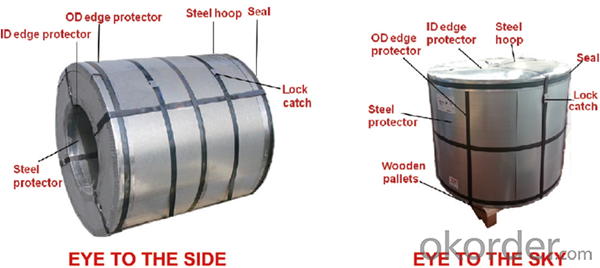
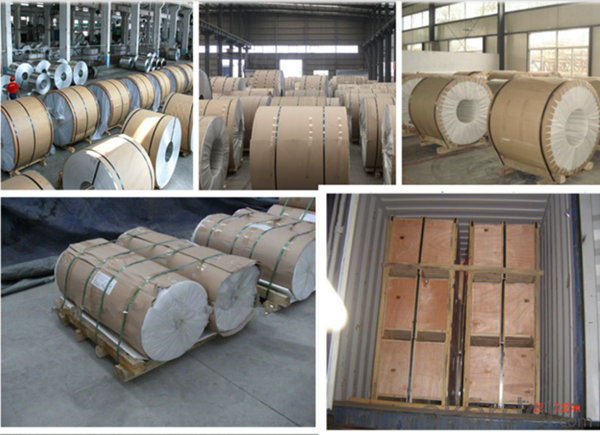
Our Services
MOQ | FCL, 25 metric tons per 20GP, can be assorted with different sizes. |
LCL for trial order is acceptable. | |
Price Term | EX-WORK, FOB China Port, CNF, CIF |
Payment | T/T, 30% advanced payment before production and balance before shipment; OR Irrevocable L/C at sight. |
Delivery Time | within 30 days of receipt of LC original or prepayment |
FAQ:
1. How to guarantee the quality of the products?
We have established the international advanced quality management system,every link from raw
material to final product we have strict quality test;We resolutely put an end to unqualified products
flowing into the market. At the same time, we will provide necessary follow-up service assurance.
2. How long can we receive the product after purchase?
Usually within thirty working days after receiving buyer’s advance payment or LC. We will arrange the factory manufacturing as soon as possible. The cargo readiness usually takes 15-25 days, but the shipment will depend on the vessel situation.
- Q: How are steel coils used in the manufacturing of electrical transformers?
- Steel coils are used in the manufacturing of electrical transformers as they serve as the core of the transformer. The coils are wound around the steel core to create an electromagnetic field that efficiently transfers electrical energy from one coil to another. The steel coils help to increase the magnetic flux and enhance the efficiency of the transformer, allowing for the transformation of electrical voltage levels.
- Q: How are steel coils used in the production of power transmission towers?
- Steel coils are used in the production of power transmission towers because they provide the necessary strength and structural integrity required to support the transmission lines. The coils are formed into various sections and welded together to create the tower's framework, ensuring it can withstand the weight of the cables and withstand external forces such as wind and seismic activity.
- Q: I need a machine which can produce steel pipes, but I don't know where to look...If you want me to state dimensions etc. just say...Thanks :)
- Gary, Indiana. There's lots of old, unused steel forming equipment just laying around.
- Q: How are steel coils stored?
- Steel coils are typically stored in warehouses or outdoor yards. They are usually stacked on top of each other, either horizontally or vertically, with wooden or steel dunnage to prevent damage and ensure stability. Coils may also be stored on specialized racks or on coil cradles. Proper spacing and organization are crucial to facilitate easy access, minimize the risk of damage, and ensure efficient inventory management.
- Q: How do steel coils contribute to the manufacturing of household appliances?
- Steel coils are an integral component in the manufacturing of household appliances. These coils, made from high-quality steel, play a crucial role in providing the necessary strength and durability required for the production of various appliances. One of the primary uses of steel coils in household appliances is in the construction of the appliance's body or frame. The coils are shaped and formed into the desired structure, providing a sturdy foundation for the appliance. This ensures that the appliance can withstand the rigors of everyday use and remain intact for an extended period. Moreover, steel coils are also used in the manufacturing of various components within household appliances. For example, in refrigerators and air conditioners, steel coils are utilized in the condenser and evaporator coils, which are responsible for the heat exchange process. These coils allow for efficient cooling or heating, ensuring optimal performance of the appliance. Furthermore, steel coils are also employed in the production of appliance interiors, such as oven racks, dishwasher baskets, and laundry machine drums. The strength and resistance provided by the steel coils help these components withstand heavy loads and repeated use, enhancing the overall longevity and reliability of the appliance. Additionally, steel coils contribute to the aesthetic appeal of household appliances. They can be shaped, molded, and coated to achieve various finishes, colors, and textures, enhancing the visual appeal of the appliance and making it more attractive to consumers. In summary, steel coils are crucial to the manufacturing of household appliances as they provide strength, durability, and resilience to the appliance's structure, components, and interiors. They play a vital role in ensuring the performance, reliability, and longevity of these appliances, making them an indispensable part of the manufacturing process.
- Q: What are the challenges in coil blanking for high-strength steel?
- Coil blanking for high-strength steel presents several hurdles due to the unique properties of this material. One of the main obstacles lies in the steel's high tensile strength, which makes cutting and blanking more difficult when compared to traditional steel grades. High-strength steel is typically harder and less malleable, resulting in heightened tool wear and greater cutting forces. Therefore, specialized cutting tools capable of enduring these extreme conditions are necessary. Additionally, the augmented cutting forces can cause increased vibrations, potentially impacting the accuracy and quality of the blanks. Another challenge arises from the spring-back effect displayed by high-strength steel after it is cut. This means that the material tends to return to its original shape, creating difficulties in achieving precise dimensions and tolerances in the blanks. Consequently, careful consideration and adjustment of the cutting parameters are required to minimize the spring-back effect. Furthermore, high-strength steel often contains a higher carbon content, leading to increased work hardening during the blanking process. As a result, the material becomes even harder and more brittle, making it more susceptible to cracks and fractures. To overcome this challenge, proper lubrication and cooling techniques are crucial in reducing heat buildup and minimizing the risk of cracking. Additionally, the heightened strength of the steel can also impact overall production efficiency. The increased cutting forces and tool wear may necessitate a reduction in cutting speeds, resulting in longer processing times. This can affect the productivity and throughput of the coil blanking process, requiring meticulous optimization and planning. In conclusion, the challenges involved in coil blanking for high-strength steel encompass increased cutting forces, tool wear, the spring-back effect, work hardening, and reduced production efficiency. Overcoming these challenges necessitates the use of specialized cutting tools, precise cutting parameters, proper lubrication and cooling techniques, and meticulous optimization of the production process.
- Q: How are steel coils used in the production of steel drums?
- Steel coils are used in the production of steel drums as they are unrolled and shaped into cylindrical forms to create the body of the drum. These coils are cut, welded, and sealed to form a solid and durable structure, which serves as a container for storing and transporting various materials such as liquids, chemicals, and even food products.
- Q: What are the common applications of steel coils?
- Steel coils have a wide range of applications, commonly used in industries such as automotive, construction, manufacturing, and appliances. They are utilized for making various products including automobiles, pipes, electrical appliances, roofing, and packaging materials.
- Q: Two different shaving razors I'm looking to buy have different specs. in terms of the metals used for the blade; one being 1045 surgical stainless steel, the other 440 stainless (not sure if its A B or C, but probably 440A or 440B because it's not specified). So which one is better for the intended use as a shaving razor?
- Type 440 combines such a high grade of cutlery steel, toughness and economy that it is actually known as razor blade steel. Browsing around (a lot) more, it seems that 1045 Surgical Steel is popular in straight razors used by barbers. These razors are honed by stropping with leather and last practically forever. From the above, I would guess that it might be easier to lose the edge on 1045, but also easier to re-sharpen it, that it won't easily knick because probably not so hard as 440. I'm not sure if it would be more expensive, unless it has a superior handle etc. So, I would expect to spend a little more effort over the lifetime of the 1045, maybe pay a little more for it, but have a longer lifetime. hth.
- Q: How do steel coil manufacturers ensure product quality?
- Superior quality steel coils are produced by steel coil manufacturers who employ a rigorous quality control process and adhere to industry standards. Firstly, they carefully select trusted suppliers who provide high-quality raw materials. This guarantees that the base material used in manufacturing the coils is of exceptional quality. During the production process, manufacturers implement strict quality control measures. They utilize advanced technologies and machinery to closely monitor parameters like thickness, width, and weight of the coils. This ensures consistency and accuracy in the dimensions and specifications of the products. To guarantee the durability and strength of the steel coils, manufacturers subject them to various tests such as tensile strength testing, yield strength testing, and elongation testing. These tests determine the mechanical properties of the coils and ensure that they meet the required standards. In addition to these tests, manufacturers conduct thorough inspections of the coil surfaces to identify any defects or imperfections. They utilize techniques like visual inspection, ultrasonic testing, and magnetic particle inspection to detect any surface irregularities that may affect the quality of the product. Furthermore, steel coil manufacturers adhere to international quality standards such as ISO 9001. This ensures that their manufacturing processes are consistently meeting the required quality benchmarks. They also maintain regular communication and collaboration with customers to understand their specific requirements and incorporate any necessary changes to enhance product quality. Overall, steel coil manufacturers prioritize product quality through a combination of strict quality control measures, adherence to industry standards, and continuous improvement practices. This guarantees that the steel coils they produce are of the highest quality and exceed the expectations of their customers.
Send your message to us
Steel sheet 5mm thick in coil hot rolled
- Loading Port:
- Shanghai
- Payment Terms:
- TT OR LC
- Min Order Qty:
- 100 m.t.
- Supply Capability:
- 17362 m.t./month
OKorder Service Pledge
OKorder Financial Service
Similar products
Hot products
Hot Searches
Related keywords
